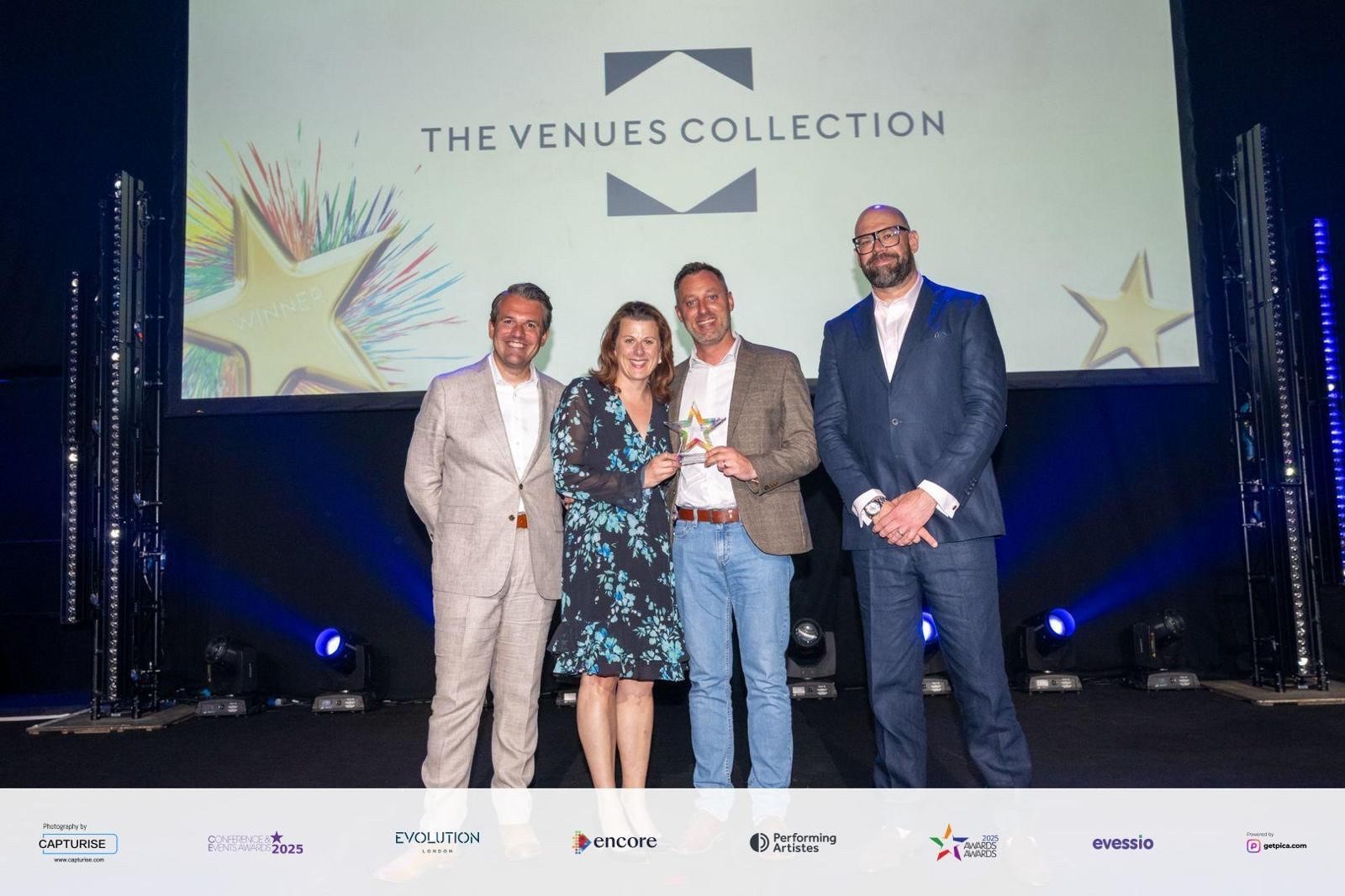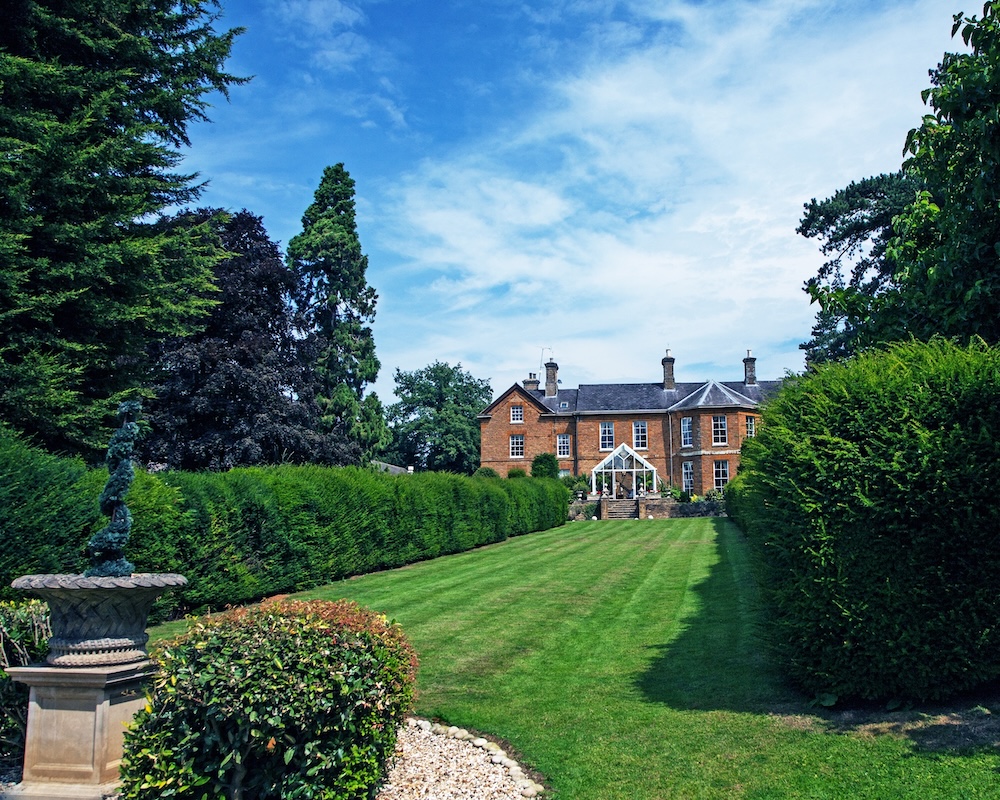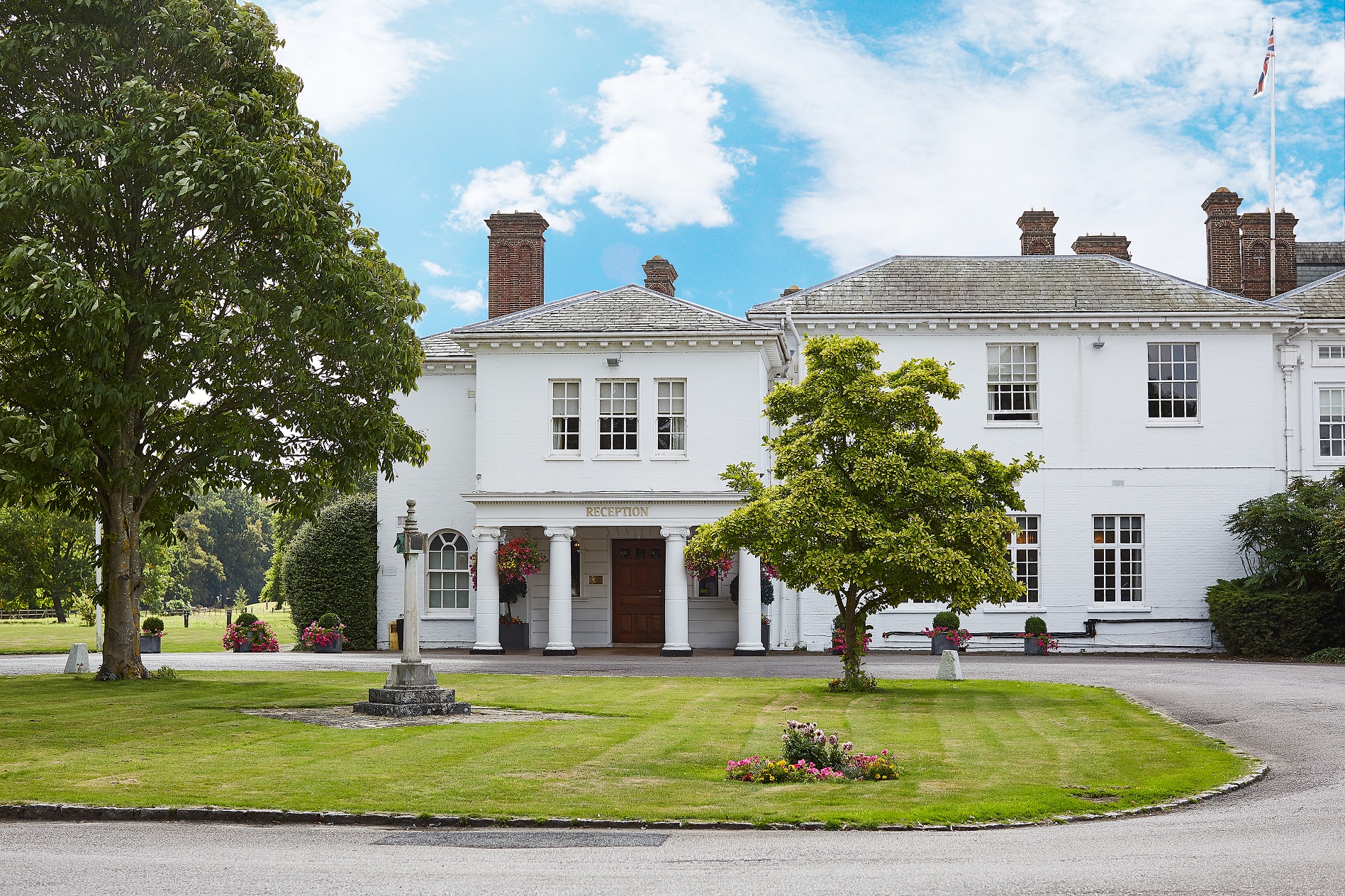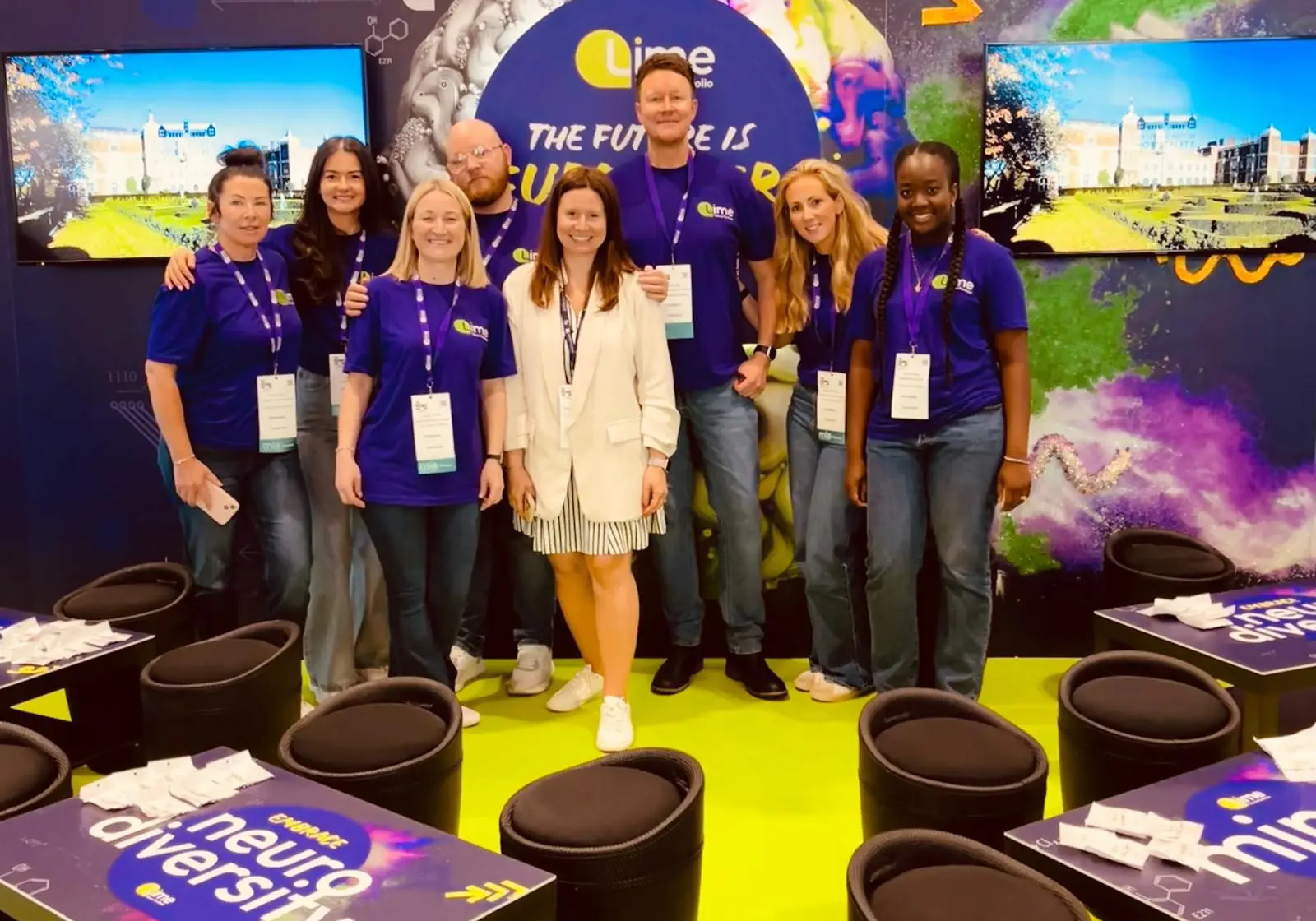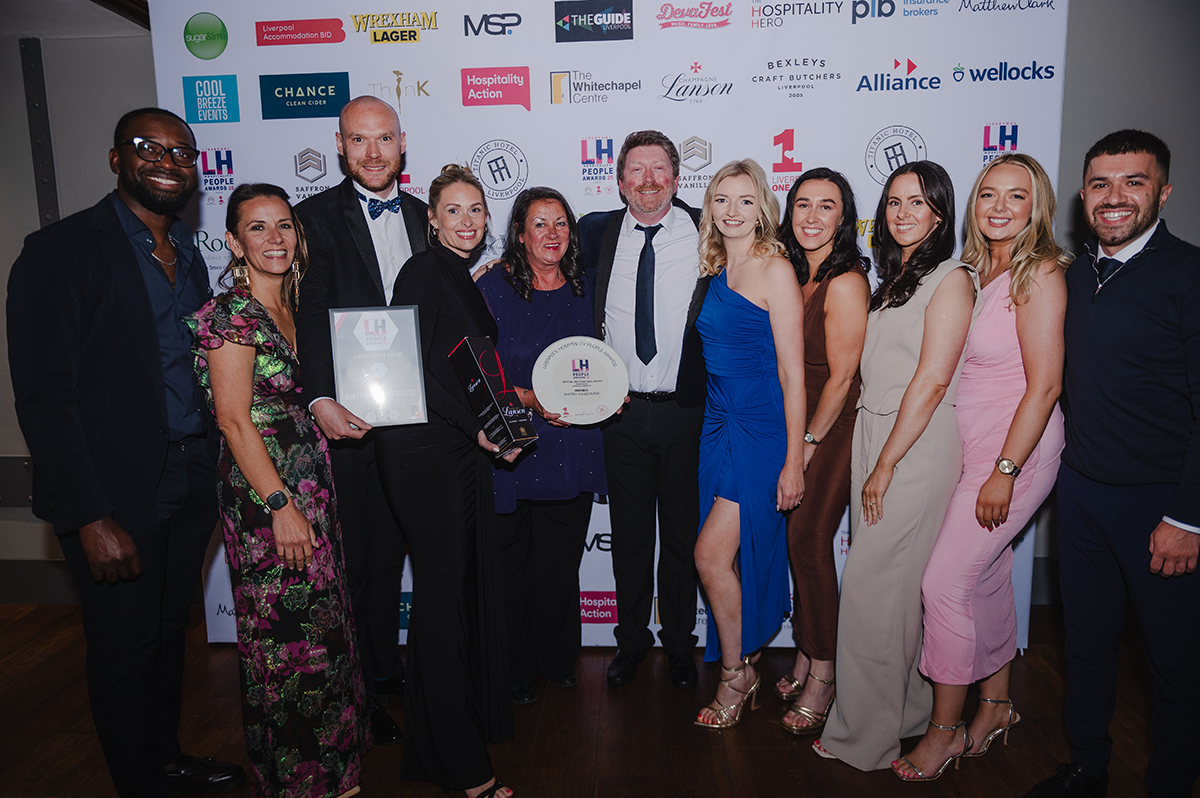The National Conference Center compiled ten tips for conducting more productive meetings.
According to Sarah Vining, marketing manager at The National Conference Center, “To conduct the most productive meetings, smarter conversations should occur with venue contacts and on the site-tour to ensure the right factors are being addressed.”
Vining notes that there is reassurance in knowing that your meeting is going to go off without a hitch, however there are certain steps in order to guarantee its successfulness.
1. Planners are serious about meetings, is the venue equally serious? – Choosing venues that are focused on the meetings business will ensure your group has a productive meeting. According to the white paper, “Why Conference Centers are More Conducive to Learning” facilities dedicated to meetings and training produce the best results.
2. Distraction-free meeting space – As a planner, be wary of air-walls and ask about who will be in the room next to you. In an ideal situation, any other groups on property during your training or meeting will also be there with similar organizational goals. For distraction-free meeting and training space, conference centers prove to be more conducive for learning due to their dedicated focus on the meetings business.
3. Ability to control the comfort of the meeting room – Attendees are the most productive and attentive if the room temperature is “just right” at 70 degrees. A room that is too warm will send your attendees to sleep or frustrate them and a room that is too cold will prevent them from fully focusing. Ask if the room has individual climate control during your site tour. On the day of the meeting, set the room at 70 degrees for the optimum learning temperature and keep in mind that the room will warm up due to participant body heat.
4. The intention of your chairs – If your meetings are long, participants will have a hard time focusing more than a few hours in the chairs are not comfortable. Ergonomic chairs for meetings are best because they are designed for the best possible learning experience, specifically in an upright position at a table level, whereas banquet chairs were intended for shorter events such as a wedding reception.
5. Don’t overlook visual obstructions – Avoid rooms with pillars and other obstacles that could prevent attendees from focusing. Natural light is good but if the room backs up to the golf course or the pool, your attendees mind may be elsewhere. During site tours, look for meeting rooms that are free of visual obstructions but provide enough light (natural or otherwise) for a healthy learning environment.
6. Functioning audio-visual equipment – A/V equipment that is up-to-date and functioning is just as important as an A/V staff that is in-house and readily available. An in-house A/V team will be able to answer questions, be readily available, anticipate future opportunities and can provide their expertise and ensure the execution of your audio-visual is seamless.
7. Flexible break service – It can be difficult to determine when you’ll need a break and your meeting schedule will often change to adapt to learning needs of the attendees. During your site tour, smart conversations include, “How flexible is the property in adapting to changing timeframes for coffee breaks? Can I negotiate continuous breaks throughout the meeting day?” It’s also pertinent to cater to the needs of attendees and give them the flexibility to visit a break station when need be, even when not on an official break.
8. Separate the meetings from the meals – While working lunches on the surface seem like a good use of time, research shows your attendees need a break. Try to schedule lunch in a pleasant dining environment with lots of natural light. Your attendees can also utilize this time for more face-to-face interaction and networking; remember, contact is now one of the most popular reasons why attendees travel to conferences.
9. Provide variety at meals – Private banquet service tends to limit the variety you can offer. With the explosion of special dietary needs, the most productive meetings will be at venues that can provide for those attendees. Another smart conversation to have with the on-site venue contact is if the property has a restaurant or dining hall that can offer variety and expediency for the group’s meals.
10. On-call venue support – One of the most important factors to ensuring your meeting does go off without a hitch is the reliability of an on-site venue contact that you can go to for all your facility needs. This person should be empowered to solve your potential concerns, so you can focus more on the objectives of your program. Overall, the accessibility of an on-site liaison via Nextel radio or phone for immediate access improves the meeting experience.
Without question, these ten factors can help create the most productive meetings. As a planner, the more you connect with the needs of the attendees, the more likely you’ll exceed their expectations. One trick lies in devoted meeting environments, venue flexibility and reliable support from the venue’s team.
Regardless of the loyalty points and the free nights, the way to keep an attendees’ excitement about your meeting year-round is to give them an experience they couldn’t have gained from being in the office.



